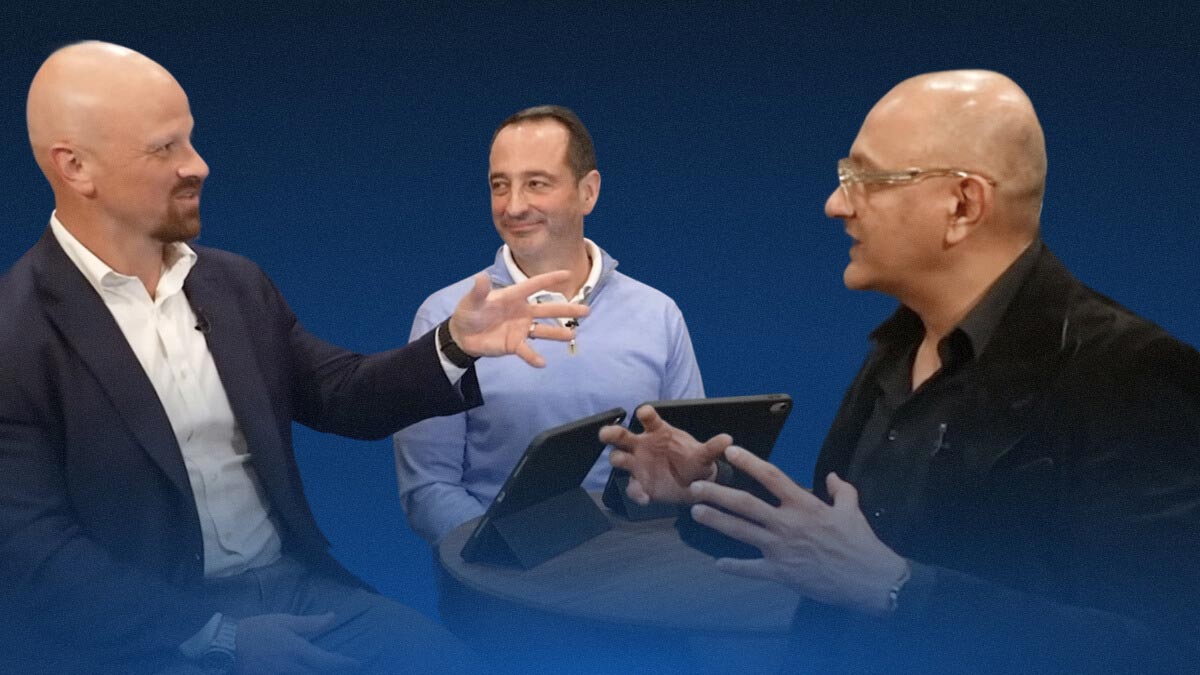EAST FISHKILL, N.Y., AND SAN JOSE, Calif., June 9, 2004 - IBM and Cisco Systems, Inc., today announced that the two companies have collaborated to design and build the world's most complex, programmable custom chip to power the Cisco Carrier Routing System (Cisco CRS-1), a new class of routing system for moving data, voice and video across Internet Protocol (IP) networks.
The Cisco Silicon Packet Processor (SPP) is the world's most sophisticated 40-Gbps (gigabits per second) application specific integrated circuit (ASIC), featuring an unprecedented 38 million gates, approximately 185 million transistors and 188 high-performance programmable 32-bit RISC processors executing 47 billion instructions per second (BIPS). The Cisco SPP along with Cisco IOS XR Software enables carriers to adapt to changing customer needs and accelerate service delivery.
The highly sophisticated 18.3-millimeter (mm) square chip -- along with nine additional ASICs designed by Cisco and built by IBM for the Cisco CRS-1 -- is the result of a strategic multi-year semiconductor technology development effort between the two companies. During the past three years, IBM and Cisco engineers worked closely to develop 10 new custom chips, which are being produced in IBM's state-of-the-art 300mm semiconductor manufacturing facility in East Fishkill, N.Y., and 200mm facility in Burlington, Vt.
"This project is a tremendous example of the ongoing commitment to innovation and teamwork shared by IBM and Cisco," said Tom Reeves, vice president of semiconductor products and solutions, IBM Systems & Technology Group. "The reason we've achieved the number one ranking in ASIC and maintained it for five years is simple -- we can help customers develop advanced, customized silicon solutions in less time, allowing them to get their products to market faster."
"By coupling Cisco's expertise in networking and chip design with IBM's expertise in deep sub-micron silicon manufacturing and packaging, we have delivered the world's most sophisticated 40 gigabit per second network processor," said Dan Lenoski, vice president of engineering within the Routing Technology Group, Cisco Systems. "With these advanced ASICs, the Cisco CRS-1 sets a new industry standard for performance and service flexibility that is required for next generation packet infrastructures."
10 New Chips Developed
The 10 ASICs IBM is manufacturing for Cisco can be packaged in several different configurations in multiple card configurations, stacked much like pizza trays. Depending upon the configuration, a single routing system may contain thousands of IBM custom chips.
Additional details of the ASIC technology IBM is providing to Cisco include:
- Seven 130-nanometer (nm) and three 180-nm ASICs.
- More than 120 million gates of logic (cumulative).
- High-function, integrated OC768 framer chip.
- Advanced, high-speed 1 Gbps elastic interfaces featured for ASIC to ASIC communication.
- Multiple high-Speed SERDES (HSS) running at 2.5Gbps serves as the rapid transmission interface.
About the Cisco CRS-1
The Cisco Carrier Routing System (Cisco CRS-1) is the industry's first Carrier router offering continuous system operation, service flexibility and extended system longevity. The Cisco CRS-1 is powered by Cisco IOS XR - a unique self-healing and self-defending operating system designed for always on operation while scaling system capacity up to 92 terabits per second. The innovative system architecture combines the Cisco Silicon Packet Processor, the first programmable 40Gbps ASIC, with the Cisco Service Separation Architecture for service flexibility and speed to service. The Cisco CRS-1 marks a new era in carrier IP communications by powering the foundation for network and service convergence today while providing extended investment protection. For further information, please visit: http://www.cisco.com/go/crs



